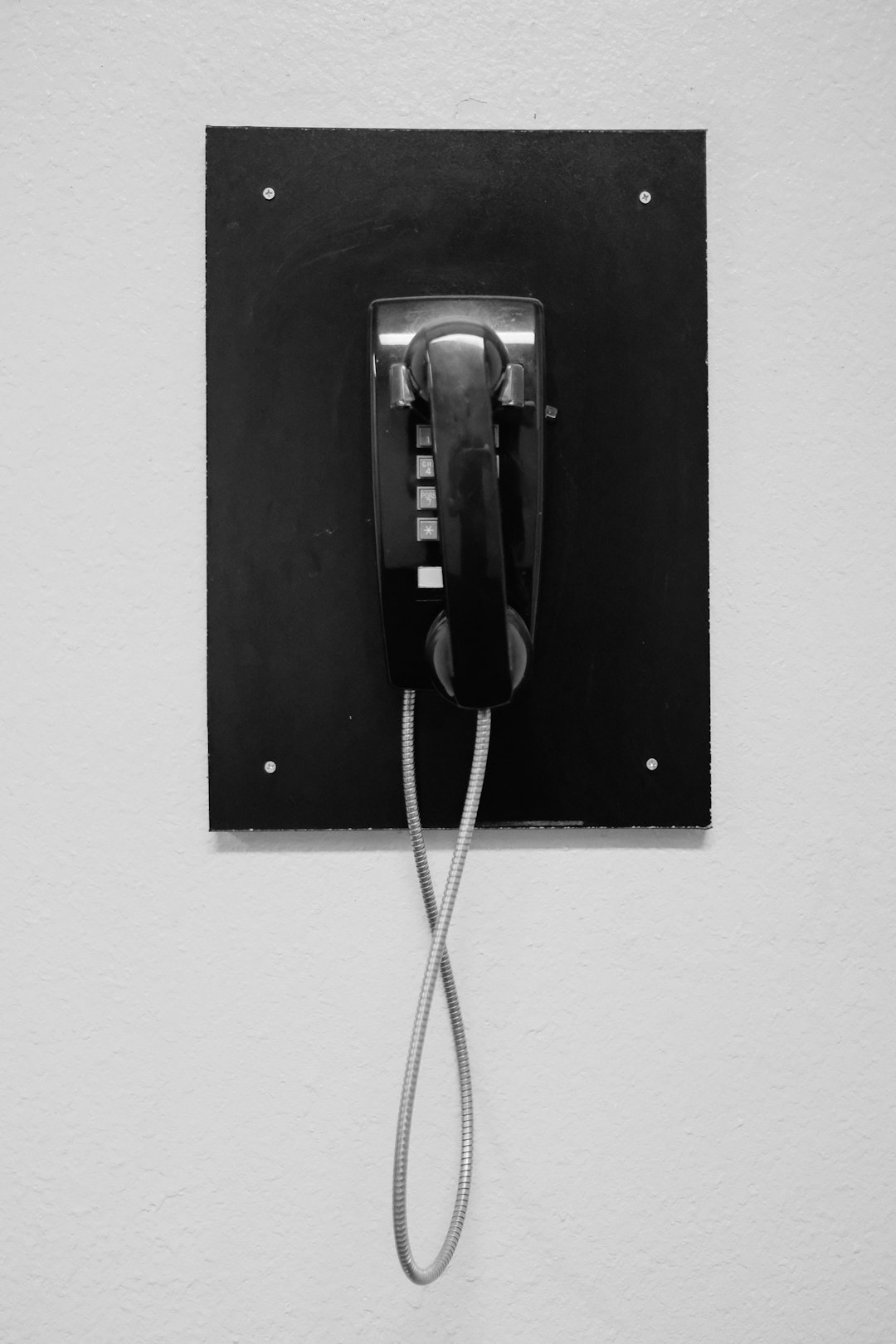In New Hampshire, robocalls are regulated by laws like the Telephone Consumer Protection Act (TCPA) and state regulations to protect consumers from unwanted automated calls. Identifying spam involves verifying caller ID information. Consulting a lawyer for robocall laws in New Hampshire offers guidance on blocking methods, filing complaints, and potential legal action against offenders. The Federal Trade Commission (FTC) enforces anti-robocall measures, while individuals can report persistent or harassing calls. Legal recourse includes cease-and-desist letters, regulatory body complaints, or litigation to enforce rights under state and federal laws.
Tired of intrusive robocalls on your New Hampshire phone? You’re not alone. These automated, often unwanted, calls can be frustrating and even dangerous. This guide equips New Hampshire residents with essential knowledge about robocall laws and strategies to block them effectively. From understanding the legal framework surrounding these calls to leveraging tools offered by the Federal Trade Commission (FTC), you’ll discover practical steps to reclaim control of your communications. Plus, learn when and how to consult a lawyer specializing in robocall laws for advanced protection.
Understanding Robocalls and Their Legal Framework in New Hampshire

Robocalls, automated telephone calls that deliver pre-recorded messages, have become a ubiquitous yet often unwanted aspect of modern communication. While many robocalls promote legitimate services and products, they also frequently represent marketing tactics that many consumers find intrusive, including those in New Hampshire. Understanding the legal framework surrounding robocalls is crucial for residents looking to protect themselves from these nuisance calls.
In New Hampshire, as in many other states, laws have been enacted to address the issue of robocalls and provide consumers with certain protections. The Telephone Consumer Protection Act (TCPA) is a federal law that places restrictions on automated phone systems and requires prior consent for calling cell phones. Additionally, New Hampshire state laws further regulate telemarketing practices, ensuring that residents’ privacy is respected. Individuals who feel their rights have been violated by robocalls can seek legal recourse with the help of a lawyer specializing in robocall laws in New Hampshire. These professionals can guide victims through the process of filing complaints and pursuing potential legal actions against offenders.
Identifying and Differentiating Legitimate Calls from Spam

Identifying and differentiating legitimate calls from spam is a crucial step in managing unwanted robocalls, especially for New Hampshire phone users. While some automated calls are genuinely from companies or organizations offering valuable services, many are considered spam due to their aggressive marketing tactics and lack of consent.
New Hampshire residents can start by verifying the caller ID information, which often displays the number associated with the call. Legitimate calls from local businesses or government entities typically show a known and recognized area code. Conversely, spam robocalls might originate from numbers that are not locally assigned or display random sequences of digits. Additionally, users should pay attention to the timing of these calls; many robocall spams attempt to reach customers during non-business hours or early mornings. Consulting with a lawyer for robocall issues in New Hampshire can also provide valuable insights into identifying and blocking spam effectively.
Effective Strategies to Block Robocalls on Your New Hampshire Phone

Robocalls can be a nuisance, but there are effective strategies to block them on your New Hampshire phone. One of the first steps is to utilize built-in call blocking features available on most modern smartphones. These tools allow you to create blacklists and set specific numbers to automatically block. Additionally, leveraging official robocall blocking services is another robust approach. Many telecom providers offer call screening and blocking solutions tailored for New Hampshire residents, ensuring that unwanted calls are deterred before they reach your line.
For more advanced protection, consider consulting a lawyer specializing in robocalls. A legal expert can guide you on registering with the National Do Not Call Registry, a federal list that prohibits telemarketers from calling numbers listed on it. They can also provide insights into state-specific laws in New Hampshire that enhance consumer privacy and protect against intrusive robocalls. This multi-faceted approach ensures that your phone remains a safe space free from annoying and illegal robocalls.
The Role of the Federal Trade Commission (FTC) in Stopping Robocallers

The Federal Trade Commission (FTC) plays a pivotal role in combating robocalls and protecting consumers in New Hampshire and across the nation. As the primary regulator tasked with preventing fraudulent and deceptive practices, the FTC enforces laws designed to curb excessive robocalling activities. They work closely with telecommunications carriers and law enforcement to track and identify illegal call patterns, ensuring compliance with do-not-call lists and anti-robocall regulations.
When a consumer in New Hampshire experiences persistent or harassing robocalls, they can report the issue to the FTC. These reports help in building cases against unscrupulous robocaller operations. Moreover, an individual who feels their rights have been violated by robocalls may seek legal counsel from a specialist lawyer for robocall to explore options for redress and potential lawsuits against perpetrators.
Seeking Legal Advice: When and How to Consult a Lawyer for Robocall Issues

If you’re facing a relentless barrage of robocalls and conventional blocking methods aren’t working, it may be time to consider seeking legal advice. In New Hampshire, consulting with a lawyer specializing in telecommunications law or consumer protection can offer valuable insights and potential remedies. A lawyer for robocall laws can help you understand your rights under state and federal regulations, such as the Telephone Consumer Protection Act (TCPA).
You may want to consult a lawyer when robocalls become harassing, persistent, or involve sharing of personal or financial information. They can assist in navigating legal actions against the violators, which might include sending cease-and-desist letters, filing complaints with regulatory bodies, or even pursuing litigation. Remember, New Hampshire laws protect consumers from unwanted phone marketing calls, and a lawyer can guide you through these protections to ensure your rights are upheld.






